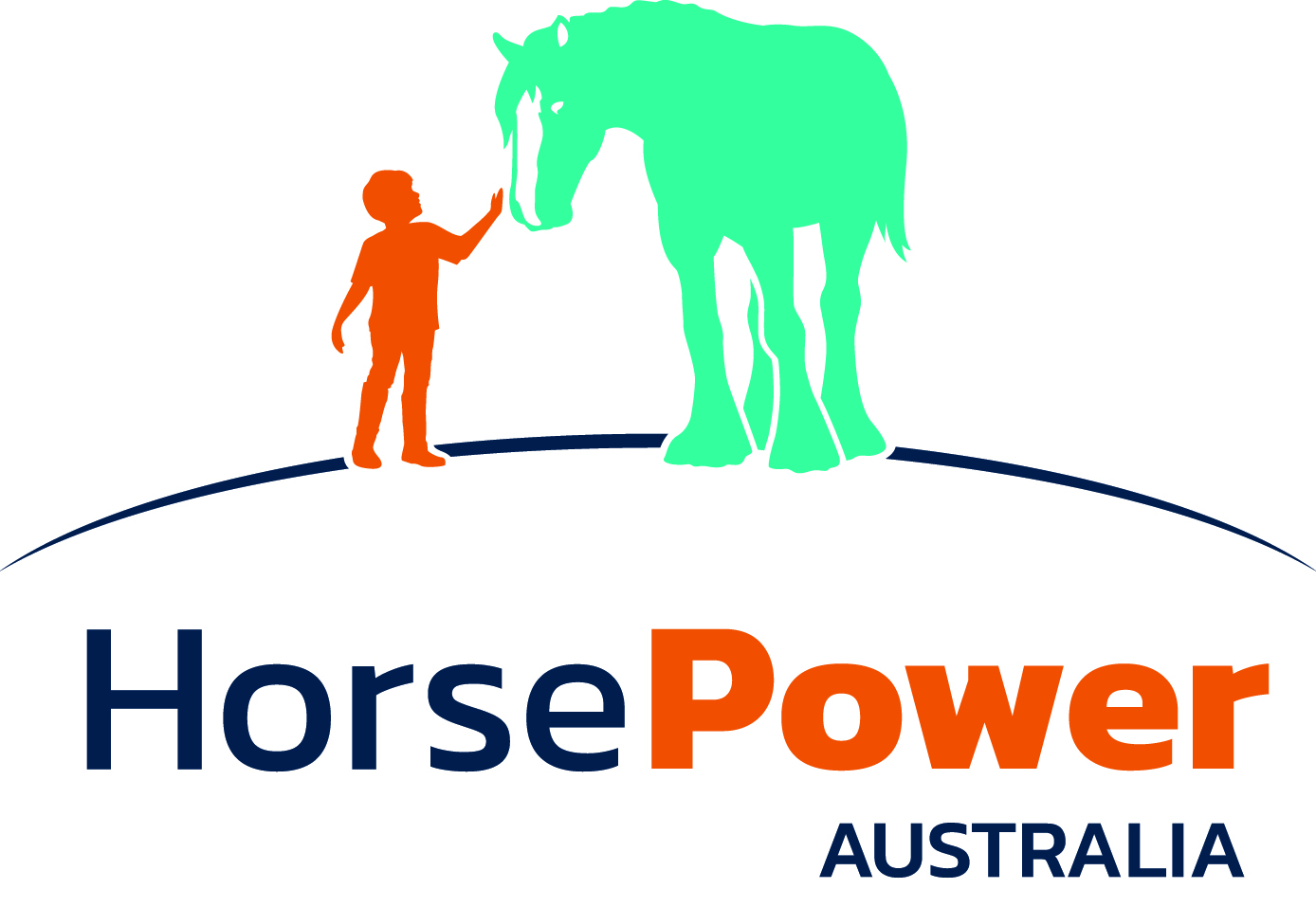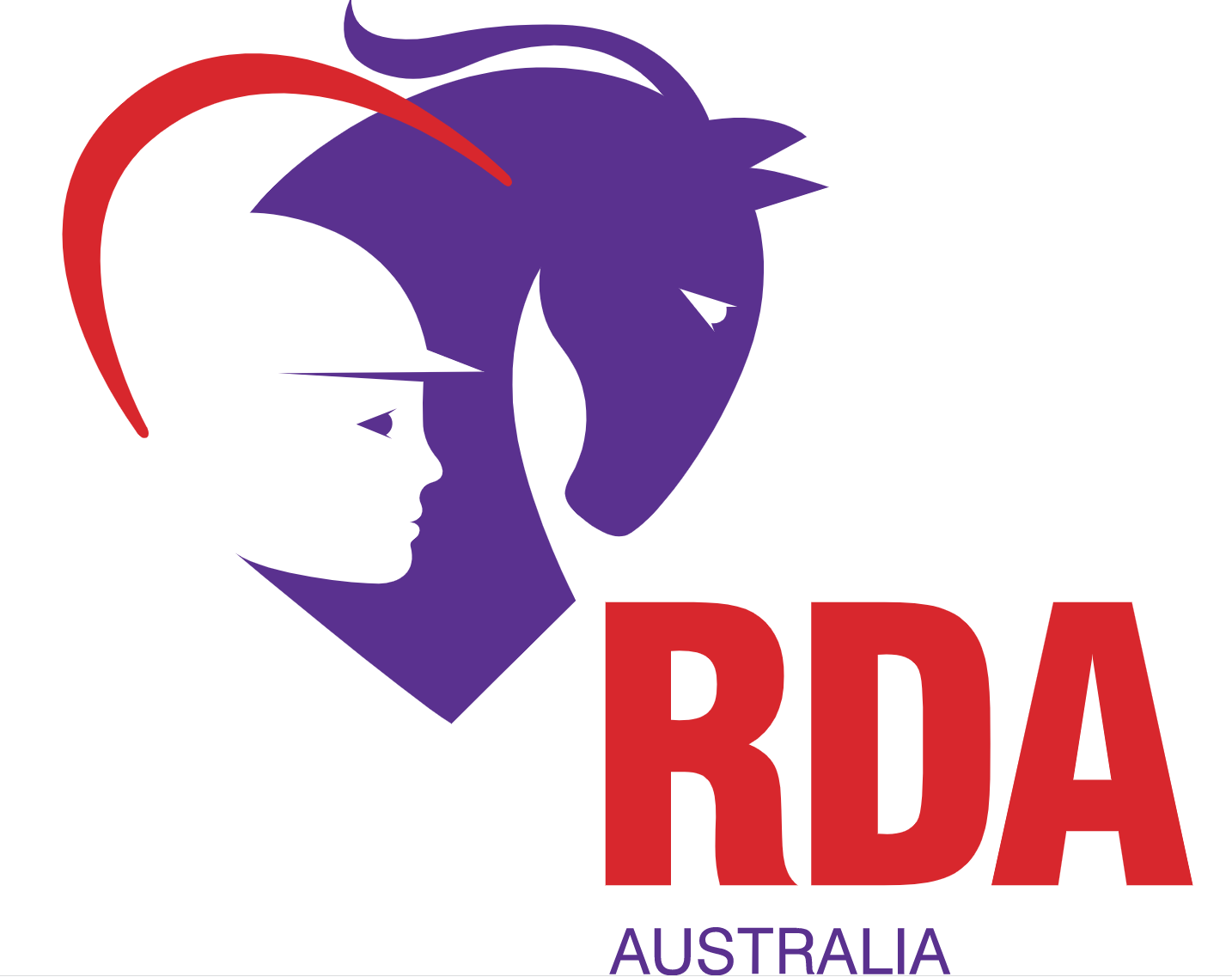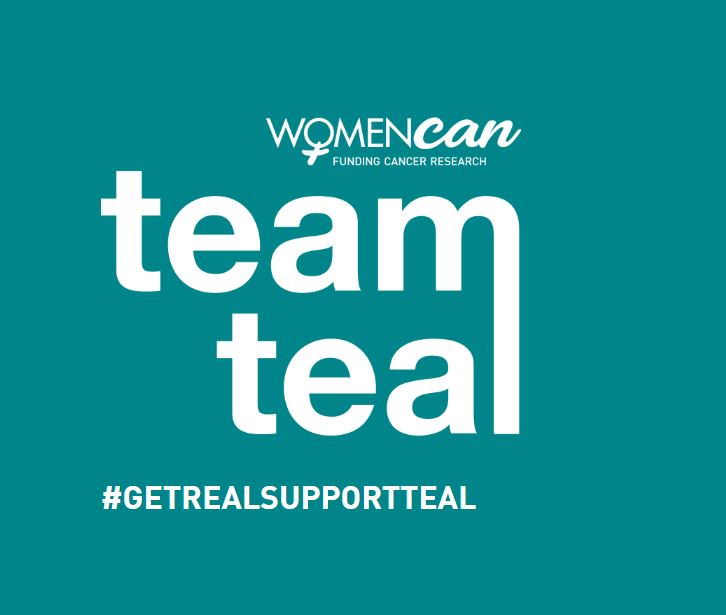Becoming a greyhound trainer is a big and often life-changing decision, and one that comes with a lot of responsibilities.
The greyhounds’ welfare, throughout all stages of its life, is of the upmost importance, and there are several rules and policies that apply to those who have greyhounds in their care.
The following Train the Trainer video series has been developed to provide further information and guidance for trainers, or for those considering taking the first step in joining this exciting industry.
The series will provide helpful tips and knowledge from industry experts, including veterinarians, stewards, canine behavioural specialists, successful trainers and more – and aims to equip trainers with the information needed to care for and train greyhounds in a safe and effective manner.
Governance
How is Greyhound Racing Governed in WA
Greyhound racing in WA is subject to strict welfare and integrity controls, which are enforced by the RWWA Integrity Department and its Stewards. Learn about RWWA’s role as the controlling body as well as the Code of Practice for the Keeping of Racing Greyhounds and the RWWA Rules of Greyhound Racing, which regulate the action of all racing participants, including rules on the care and treatment of racing animals.
How to become a Greyhound Trainer
Become familiar with the licensing and registration processes to become a trainer as well as insight into where to begin when educating yourself about becoming a trainer.
Establishment Operation Part 1
Every establishment must have an Establishment and Health Management Plan (EHMP) in place for general operational matters and greyhound management, welfare, socialisation, enrichment and education that is reviewed annually. Learn what is required to be in place when establishing a training operation including hygiene, safety, pest control, security and forming an EHMP. Further information regarding the EHMP can be found in the Code of Practice for the Keeping of Racing Greyhounds:
Establishment Operation Part 2
Every establishment must have an Establishment and Health Management Plan (EHMP) in place for general operational matters and greyhound management, welfare, socialisation, enrichment and education that is reviewed annually. Learn what is required to be in place when establishing a training operation including hygiene, safety, pest control, security and forming an EHMP. Further information regarding the EHMP can be found in the Code of Practice for the Keeping of Racing Greyhounds:
Accommodation for your Greyhounds
The accommodation and environment of greyhounds in training should be of a standard that ensures their security, safety and wellbeing. Kennel accommodation must satisfy all Occupational Health and Safety Standards that may apply and also be in accordance with the requirements of the local Shire/Council. Become familiar with accommodation requirements and advice for your greyhounds including disinfection, council requirements, environmental control, barriers and kennel construction and size. Further information regarding accommodation requirements can be found in the Code of Practice for the Keeping of Racing Greyhounds:
Accommodation for Breeding Greyhounds
Environment of accommodation for the breeding of greyhounds is also held to a standard that ensures their security, safety and wellbeing. Breeding accommodation must satisfy standards that apply to shelter and protection for puppies, mating and whelping. For further information refer to the Code of Practice for the Keeping of Racing Greyhounds:
Training Facilities
Training facilities are used during education, pre-training and training of greyhounds. In accordance with the RWWA Rules of Greyhound Racing all training facilities used for the purpose of educating greyhounds or pursuing a lure must be registered with RWWA. Learn about different training facilities such as circular tracks, straight tracks, galloping runs and private trial tracks, and the rules and regulations that govern training facilities. For further information regarding training facilities, please refer to the RWWA Rules of Greyhound Racing and the Code of Practice for the Keeping of Racing Greyhounds:
Pre-training & Training
Education is the period of management when a greyhound transitions to training in the industry. This period is sometimes referred to as ‘breaking-in’. Pre-training is the period of training before the greyhound progresses to full time racing. There are rules and regulations that must be followed during education, pre-training and training. Observations of any signs of stress, poor acclimatisation, or development of behavioural stereotypes must be recorded and used as a management tool for assessing the acclimatisation of the greyhound to new housing or changes to daily routine. Learn about how you should educate yourself before becoming a trainer, as well as advice on breaking-in your greyhounds and managing stress in greyhounds. Further information can be found in the Code of Practice for the Keeping of Racing Greyhounds:
Transport of Greyhounds
RWWA has in place Transport of Greyhounds Standards to assist participants in providing a safe and healthy environment for greyhounds whilst being transported by road. A Hot Weather Policy also exists to ensure appropriate measures are in place to protect the welfare of greyhounds during high ambient temperatures. Familiarise yourself with the trailer and vehicle standards and requirements for when transporting your greyhounds, including for extended journeys. Learn about the Hot Weather Policy provisions and the important of adhering to these requirements for the welfare of your greyhounds.
Movement, Transfer & Sale of Greyhounds
Racing greyhounds are tracked throughout all stages of their lives and there are strict rules and regulations in place regarding the movement, transfer or selling of greyhounds. Learn about the processes required when including registrations, what information records are necessary and what is required for new owners. For further information please refer to the Code of Practice for the Keeping of Racing Greyhounds:
Care
Management & Health of Greyhounds
As a trainer it is your responsibility to ensure that adequate care is provided to your greyhounds at all times. Familiarise yourself with nutrition advice for greyhounds as well as what health care is recommended. Further information regarding the proper health management for greyhounds can be found in the Code of Practice for the Keeping of Racing Greyhounds:
Managing Stress in a Greyhound
Observations of any signs of stress must be taken seriously. If signs of severe stress are observed, action must be taken immediately to alleviate the stress or advice obtained from a veterinary surgeon. Further information regarding managing stress for greyhounds can be found in the Code of Practice for the Keeping of Racing Greyhounds:
Guidelines & Feeding your Greyhound
Strict rules and regulations are in place regarding the provision of food, water, supplements and medications for greyhounds. Hear advice on what food is recommended for greyhounds including different meat, kibble, dry and wet food. Learn about what supplements are recommended for greyhounds and what is and is not allowed. Further information regarding the feeding of greyhounds can be found in the Code of Practice for the Keeping of Racing Greyhounds:
Advice
Exercise, Socialisation & Enrichment Part 1
All greyhounds must be provided with a minimum amount of daily exercise, socialisation and enrichment. Hear advice on socialisation activities trainers can implement, which will help transition racing greyhounds into life as a pet including exposure to different people and different environments. Further information regarding the exercise, socialisation and enrichment requirements can be found in the Code of Practice for the Keeping of Racing Greyhounds:
Exercise, Socialisation & Enrichment Part 2
Learn the importance of physical contact with greyhounds, exposure to small animals and different breeds, exposure to children and different environmental stimuli to help overcome behavioural issues and support desensitization for later in life when being rehomed. Further information regarding the exercise, socialisation and enrichment requirements can be found in the Code of Practice for the Keeping of Racing Greyhounds:





